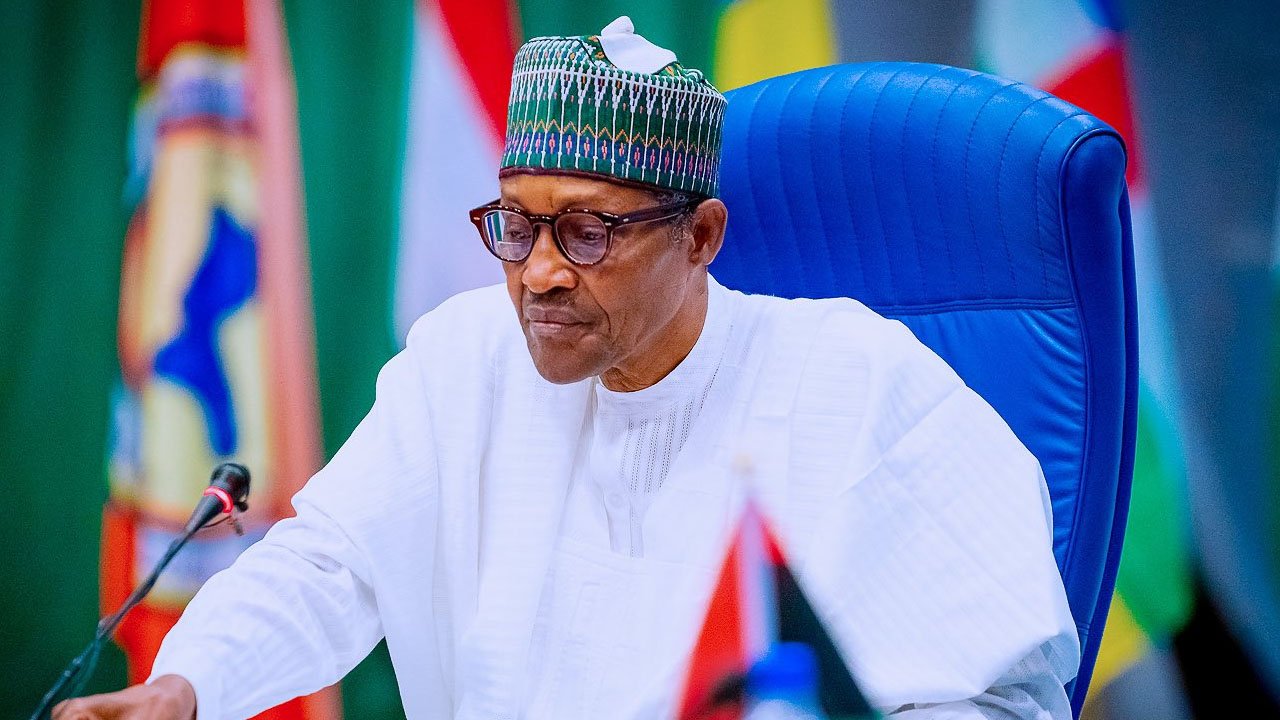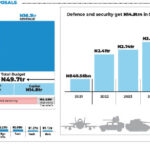The offer by the German government to help train some 30, 000 newly recruited officers of the Nigeria Police Force (NPF) in managing protests without using lethal weapons is a commendable gesture that the Nigeria Police should take up.
A delegation from Germany led by the Deputy Director for West and Central Africa, German Federal Foreign Office, Mr Alexandre Callegaro made the offer during a visit to the Chairman of the Police Service Commission, Musliu Smith, in Abuja recently.
The offer is coming in the wake of Nigeria’s habitual use of disproportionate force to repress protests, often resulting in the deaths of dozens of Nigerians over the years. This has been amply demonstrated during the recent #EndSARS protests and the oft-repeated Shiites protests. Violent protests have also resulted in the deaths of numerous police officers across the country.
Responding to the offer, Mr Smith had insisted that recruits are going to be trained locally to be able to handle situations peculiar to Nigeria. He however said they are considering the offer and if the conditions and the training curriculum are found to be suitable, they would be open to it.
While the PSC mulls the offer, we urge that the terms of the offer be carefully scrutinised. While acknowledging Mr Smith’s insistence that training police recruits locally is important, it is also crucial to point out that police training in the country has been abysmal for years, leaving police officers ill-prepared for the challenges of the job.
Therefore, the need for the expansion of police training to adopt modern methods of crowd control and engagement during protests, among other things, cannot be overemphasised. Training such as these offered by the German government has the potential to make a significant contribution to the policing repertoire of the recruits. It will reduce cases of human rights abuses during protests, check police antagonism to peaceful protesters and reduce the loss of lives of both protesters and the police.
In recent years, the German police have had a great record of managing protests without using weapons as highlighted by a member of the delegation, Mr Mathias Seeger, a former Inspector General of the German Police.
“I think the best is, for a start, if you want to build a house, you start with the basement. You focus on very few things, maybe two or three. All the demonstrations we had in Europe, there are very few unique situations where police use their weapons; 99.9 per cent, no weapons,” he said.
While the German police during protests in August in Berlin were accused of using disproportionate physical force to tackle some protesters, there was no record of weapons or lethal force being used at any point in time.
Policing traditions in Europe have evolved over centuries and since the unification of Germany in 1871, the policing institution in the country has evolved. It has adapted itself to the socio-political changes and since 1945, has demonstrated commendable professionalism and value for human life and rights. Today, Germany has 16 state police forces and three federal law enforcement agencies designed to meet the needs of the country as it advances.
The Nigeria Police Force must, as a matter of necessity, allow itself to evolve from its colonial framing to meet the modern needs of policing Nigeria for Nigerians. To this end, it must change its training methods, allow itself to learn from others and adapt this training to the peculiar needs of the country.
As the Nigerian police are undergoing reforms promised during the #EndSARS protests, there could not have been a better time to open its doors to new ideas, new methods and more democratic values of policing.
It is therefore in the interest of the force and the country as a whole to accept helping hands offered by those with the relevant experience and competence after due scrutiny of such offers. What is at stake is far greater than the pride of some individuals or an institution that is in desperate need of capacity-building training.
The Nigeria Police must therefore properly position itself to absorb this training, adapt it to Nigeria’s socio-cultural idiosyncrasies and disperse it within its ranks and file across the country.

 Join Daily Trust WhatsApp Community For Quick Access To News and Happenings Around You.
Join Daily Trust WhatsApp Community For Quick Access To News and Happenings Around You.


